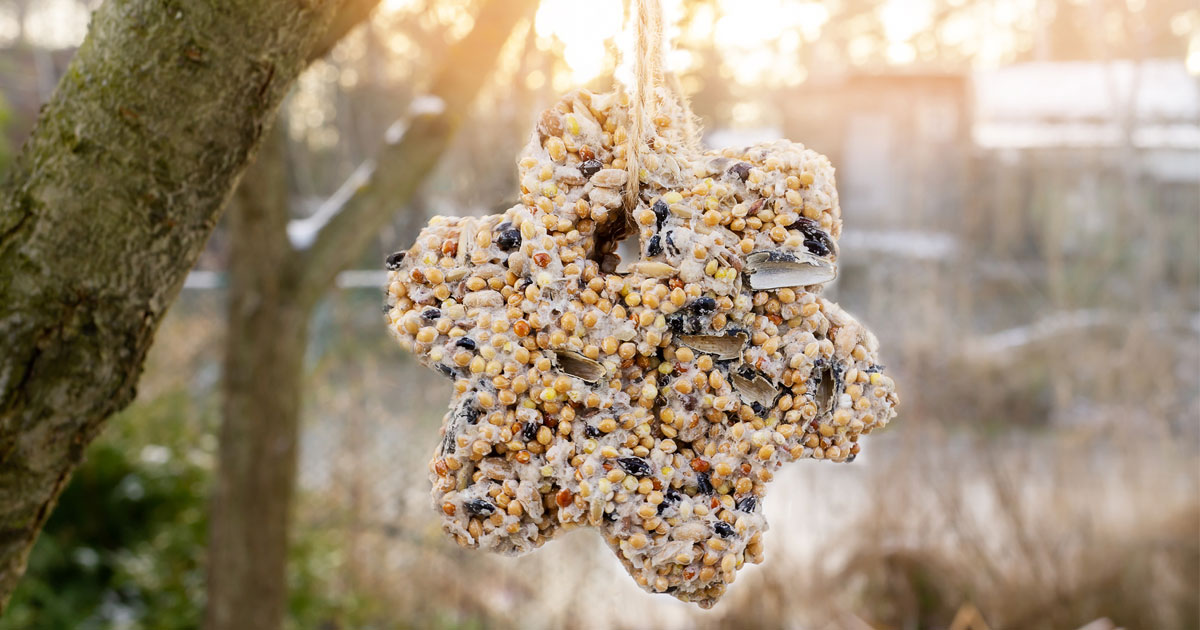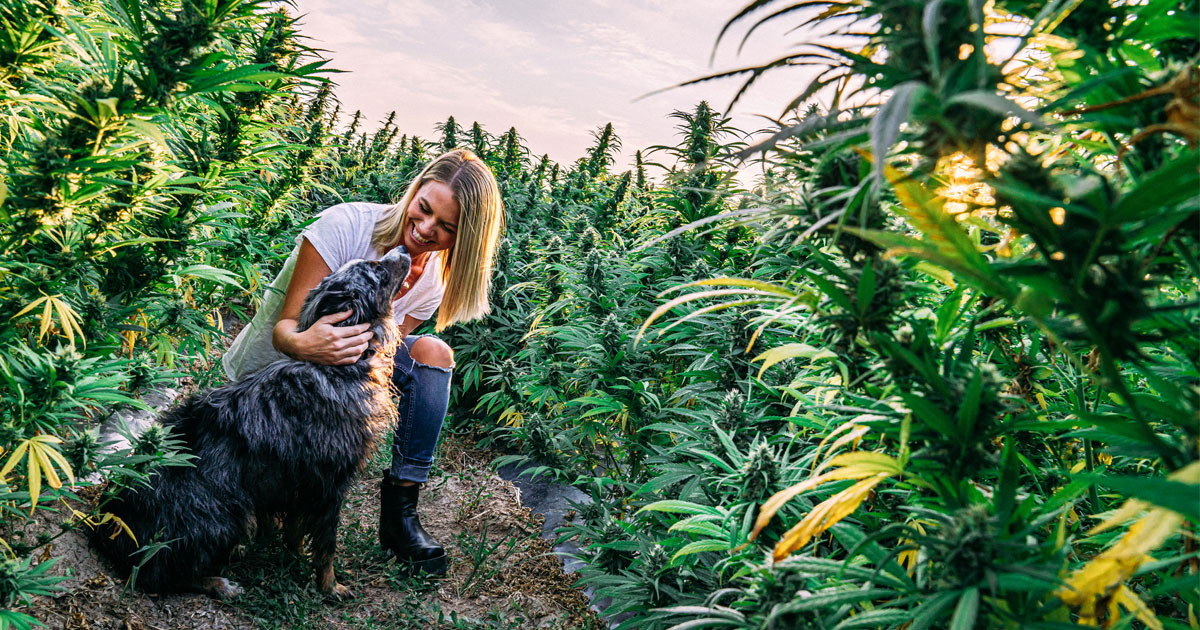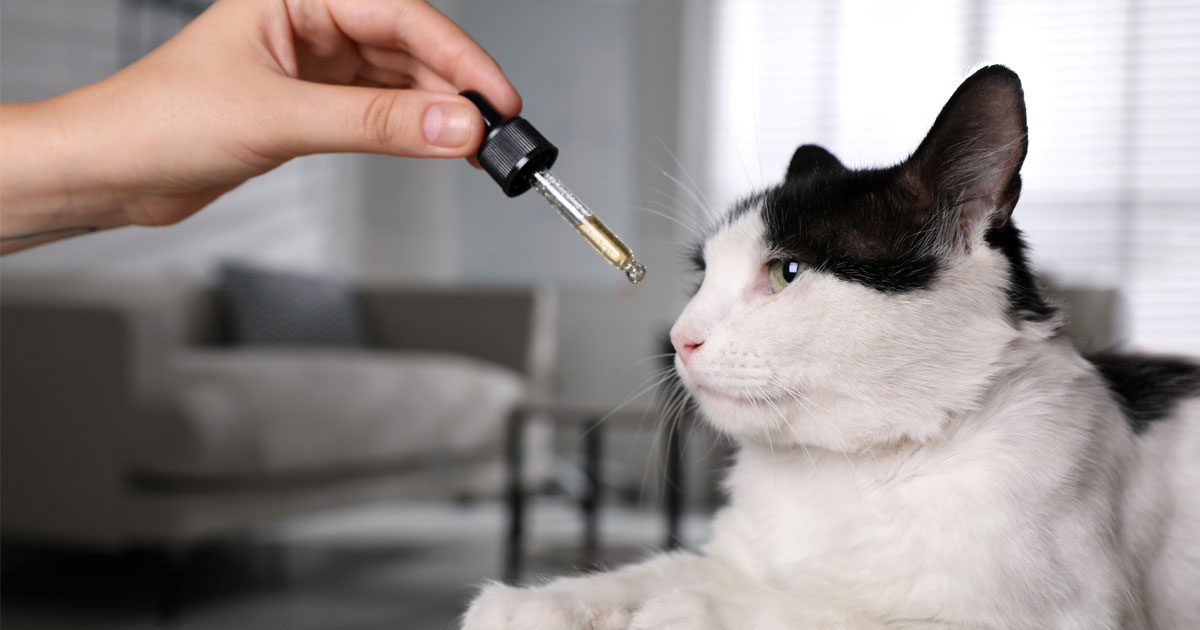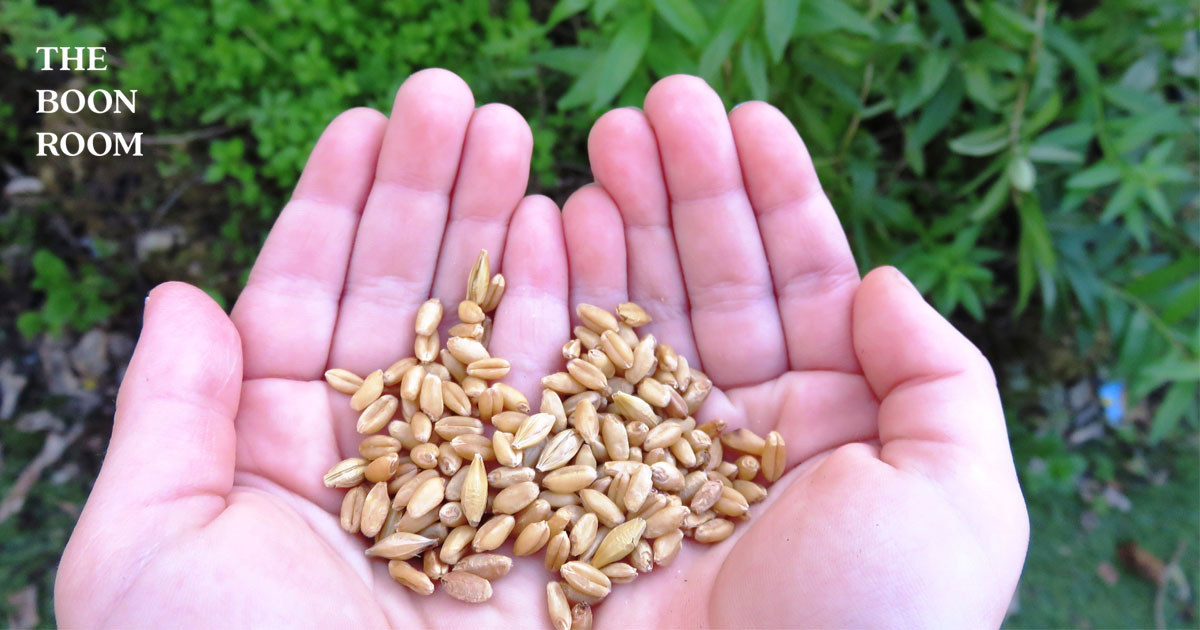Hemp, or cannabis sativa, has been used for centuries for a variety of different things, including paper, medicine, rope, and more. There are many misconceptions about hemp, most of which have come about because of the illegal use of its relative plant marijuana.
Many people don’t realize that there are a great many benefits to hemp, even when it comes to livestock. Now we are finding out that feeding livestock hemp can have many amazing results if you know how and when to properly utilize this completely natural miracle plant.
Researchers are discovering that hemp feed can provide farm animals with more protein and fat than other common animal feeds like corn and alfalfa feed. Hemp feed can also be created from farming byproducts, so it can be a much cheaper feed than corn and alfalfa but still be much healthier for the livestock.
Can You Feed Livestock Hemp?
Recently, studies are finding that hemp can also be used as an effective animal feed for many livestock animals, including cattle. 1 Hemp is sustainable. It’s a healthy feed for farm animals like sheep and cattle. It is easily digestible and provides them with many different nutrients that they need, both of which are qualities that corn does not have, even though it is currently one of the most-used animal feeds among large farms. 2
The byproducts of hemp farming can also be used for hemp feed. Some of the parts that a farmer would normally throw away when harvesting hemp can be ground up or just thrown in with the animal feed to give the livestock additional nutrients and improve their health. Being able to recycle the byproducts that would normally be tossed out during the hemp farming process can make animal feeding much cheaper for a farmer.
What Animals Can Eat Hemp?

Hemp-derived treats have previously been tested for household dogs and been found to work as an effective source for them without negatively affecting any aspect of a dog’s daily life.3 Of course, these are supplementary treats, and lead researchers to wonder if other animals could eat hemp as a major component of their daily diet. Since hemp is a natural resource, there are a great many animals who can survive on a hemp diet with little to no detrimental effects on the animals.
Can hemp be fed to cattle? Sheep and cattle appear to benefit from hemp-based feed. Hemp feed has more fat and more protein than alfalfa, which is a commonly used feed for farm animals. The increased protein and fat can help produce more high-quality animal products. Milking cows given hemp produced more milk than those who were fed the typical alfalfa feed.
Can Farm Animals Eat Hemp?
Scientists at Oregon State University are currently undergoing trials and testing to see whether livestock like sheep can benefit from a diet that is high in hemp, as well as the effects that this diet can have on the animal products from the hemp-fed livestock. Kansas University’s researchers have claimed that they believe that sheep and cows can benefit greatly from a hemp-based diet because they can digest hemp very effectively. One researcher specifically said that because of hemp’s high protein and fat content, ground hemp could serve as a useful food to help cows gain weight before being slaughtered.
Hemp seeds are also high in fiber, which can be very good for animals’ digestion and can help them maintain their health. 4 In the future, hemp could end up serving as a cheaper and healthier alternative to the typical corn feed that is used in many farms across the country right now.
The feed used in many farms across the United States is made from corn and alfalfa. Both of these are less healthy for most farm animals than hemp — especially corn. Corn is not easily digestible for most grazing animals like cattle and sheep, the most commonly raised farm animals in the U.S. Hemp is a natural plant that digests easily for cows and sheep and provides them with additional protein, fat, and fiber that corn and alfalfa do not.
Does Hemp Get Animals High?

Unlike its notorious relative, marijuana, hemp has a very low THC level, meaning that it cannot be used to get high without using an insane amount of the plant, even for livestock. In the near future, bigger companies may start looking into the use of hemp livestock feed because of the low cost and healthier qualities found in hemp.
Unfortunately, food products from animals fed with hemp are currently not approved for commercial use in the United States. This is because the FDA still considers it to be a plant that contains cannabinoids, which they claim are unsafe for human consumption. These claims have been mostly disproven by researchers, but it is still FDA policy that cannabinoids are not allowed in animal feeds on the market.
Cannabinoids have been found to have little or no negative effects on livestock animals like cows and sheep. Even though hemp is from the same cannabis sativa plant family as marijuana, hemp does not have the same effects. When it is used as a feed for animals, or ground down to meal, it can be a very beneficial feed that provides a lot of nutrients for livestock. It can give them more fat and protein than normal feed, which is essential for getting high-quality products when a farmer is raising animals for producing things like milk and meat.
Can Milk From Cows Fed Hemp Get You High?
Though cannabinoids can be found in hemp, the psychoactive compound THC only exists within the hemp plant in extremely low concentration by law (under 0.3%). In addition, cannabis containing high volumes of THC must be specially prepared to be used to get high. Thus, using hemp-based animal feed for milking cows cannot produce milk that would get a consumer high.
The same goes for meat and other animal products that come from livestock who were given a diet high in hemp. Any amount of THC found in hemp will dissipate long before a consumer can even purchase an animal product, so there is no reason that someone would have to worry about hemp-raised animals providing products that would get a consumer high.
Even though many different studies have been performed to prove that hemp cannot get a person high when it is fed to an animal and a consumer eats or drinks the animal’s product, the FDA still considers it unsuitable for human consumption. Hopefully, more tests can be done to further prove hemp’s harmlessness to human bodies as well as its great usefulness in farming, animal health, and human health. In the future, the FDA should approve hemp-raised animal food products.
Is It Legal to Feed Livestock Hemp?
It is legal to use hemp-based feed for livestock, but currently, animal products that are produced using animals fed a diet high in hemp are not approved by the FDA. A farmer could use hemp feed for their own personal animals and use the products themselves, but cannot sell those same animal products commercially. There is a growing movement for the FDA to review recent studies regarding the use of hemp in food and animal products so that they will eventually approve hemp-based farm animal diets.
One day, even big companies like Tyson may want to use hemp-based livestock feed. Hemp is already proving to be incredibly useful and inexpensive in research, so many experts believe it is only a matter of time before small-time farmers begin to use it, and then larger companies do it too.
The more people use hemp-based feed for their animals, the more they will prove its usefulness and bring us closer to a future of healthier animals that are fed with recycled yet nutrient-rich livestock feed. Farmers will be astounded to see the results that come from feeding animals hemp, which is much healthier and greener than alfalfa or corn.
Which Parts of the U.S. Could Benefit From Hemp as Livestock Feed?
Any part of the United States that currently experiences animal agriculture would benefit from using hemp in livestock feed. This is because hemp feed can be made from hemp byproducts that are usually useless to a farmer. If they can use it for their farm animals, they can recycle those plant byproducts and provide their animals with additional nutrients. Being able to use farming byproducts for animal feed can help small-time and corporate farmers save money while providing their animals with a healthier alternative to alfalfa or corn feed.
Can Animals Use CBD?

CBD, another cannabinoid that does not produce psychoactive effects, can be used for animals with little to no negative effects on the animal or its products. Many hemp farmers use the byproducts of their farming to feed their animals with amazing results. Since hemp is high in protein and fat, it appears to work as an excellent fattening feed to produce better milk and meat from cattle and sheep, along with better eggs from chickens, potentially higher in fatty acids. 5 Researchers have found that even dogs can have a diet that is high in hemp and remain completely healthy.
The Future for Hemp Animal Feed
Hemp could be an extremely useful tool to feed livestock in the near future. Even though there have been a lot of misconceptions about hemp and CBD, more and more studies are finding that hemp animal feed could be very beneficial for farms across the United States.
A growing movement is pushing for the FDA to approve hemp in the raising of cattle and sheep that give animal products so that they can be sold commercially, and one day hopefully we can see this become a reality. Animal feed that is high in hemp has been found by researchers to provide livestock with more fat, protein, and fiber than typical alfalfa animal feed. Hemp livestock feed could be the future of farming and help produce higher-quality animal products and healthier farm animals.
Discover more ways hemp can be used for animals and pets in our wiki under the hemp for animals section.
Sources
- Della Rocca, G., & Di Salvo, A. (2020). Hemp in veterinary medicine: From feed to drug. Frontiers in Veterinary Science. Retrieved May 25, 2022, from https://www.ncbi.nlm.nih.gov/pmc/articles/PMC7399642/
- Kleinhenz, M. D., Magnin, G., Ensley, S. M., Griffin, J. J., Goeser, J., Lynch, E., & Coetzee, J. F. (2020). Nutrient concentrations, digestibility, and cannabinoid concentrations of industrial hemp plant components. Applied Animal Science, 36(4), 489-494. https://www.sciencedirect.com/science/article/pii/S2590286520300859
- Morris, E. M., Kitts-Morgan, S. E., Spangler, D. M., Gebert, J., Vanzant, E. S., McLeod, K. R., & Harmon, D. L. (2021). Feeding cannabidiol (cbd)-containing treats did not affect canine daily voluntary activity. Frontiers in Veterinary Science. Retrieved May 25, 2022, from https://www.frontiersin.org/articles/10.3389/fvets.2021.645667/full
- Jha, R., Fouhse, J. M., Tiwari, U. P., Li, L., & Willing, B. P. (2019). Dietary fiber and intestinal health of monogastric animals. Frontiers in veterinary science, 6, 48. Facts and fiction about hemp in animal feed | drovers. (n.d.). Retrieved May 25, 2022, from https://www.frontiersin.org/articles/10.3389/fvets.2021.645667/full
- Klir, Ž., Novoselec, J., & Antunović, Z. (2019). An overview on the use of hemp (Cannabis sativa L.) in animal nutrition. Poljoprivreda, 25(2), 52-61. Retrieved May 25, 2022, from https://hrcak.srce.hr/clanak/333650
Jenny Weatherall is the co-owner and CEO of Eminent SEO, a design and marketing agency founded in 2009. She has worked in the industry since 2005, when she fell in love with digital marketing… and her now husband and partner, Chris. Together they have 6 children and 3 granddaughters.
Jenny has a passion for learning and sharing what she learns. She has researched, written and published hundreds of articles on a wide variety of topics, including: SEO, design, marketing, ethics, business management, sustainability, inclusion, behavioral health, wellness and work-life balance.

